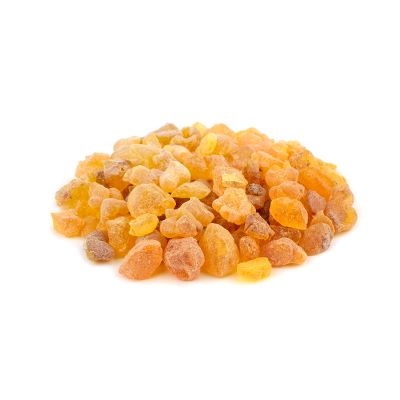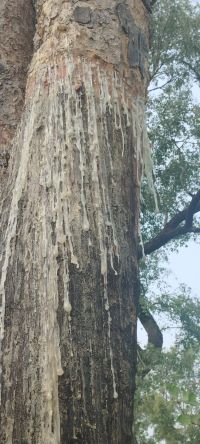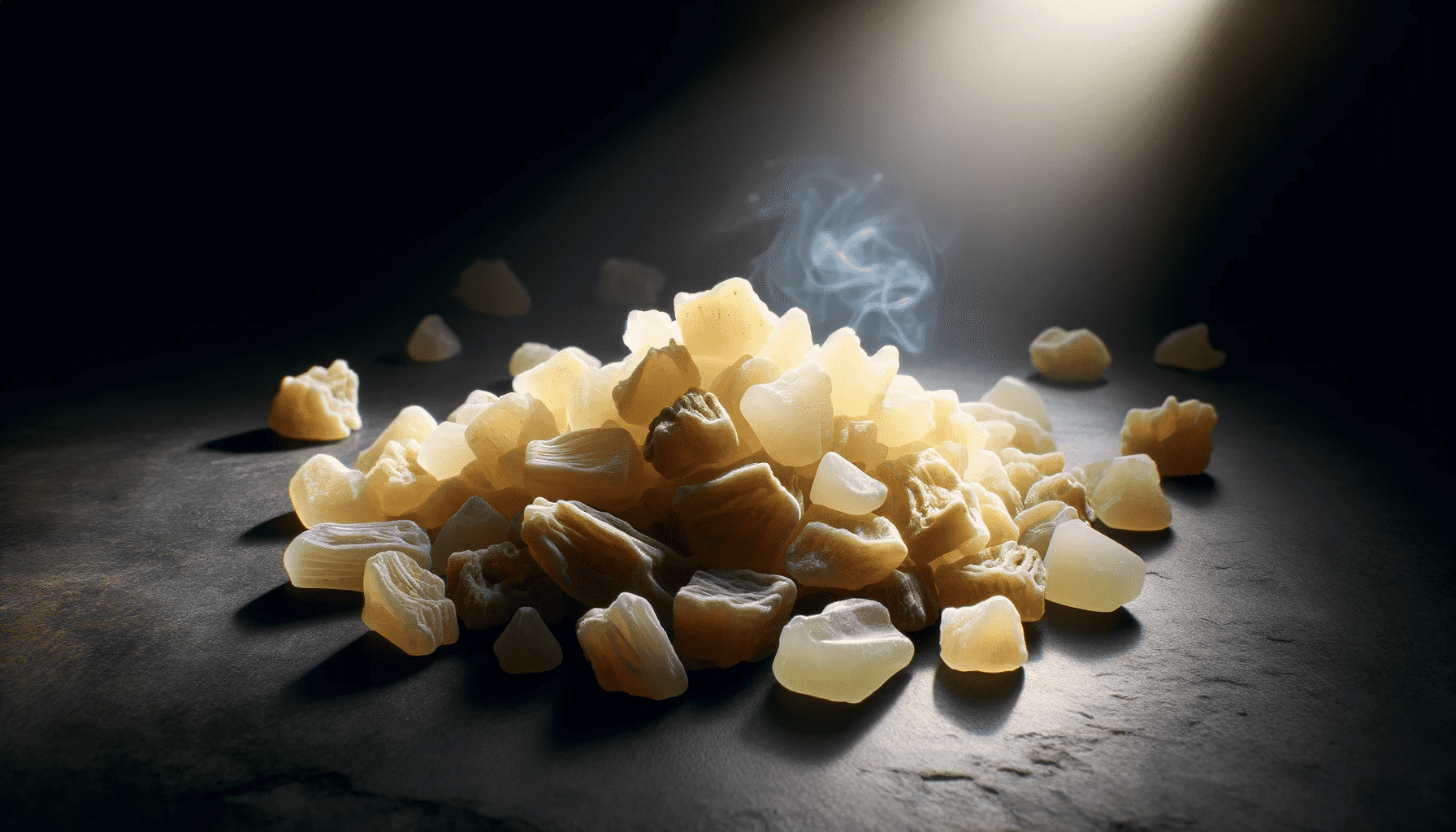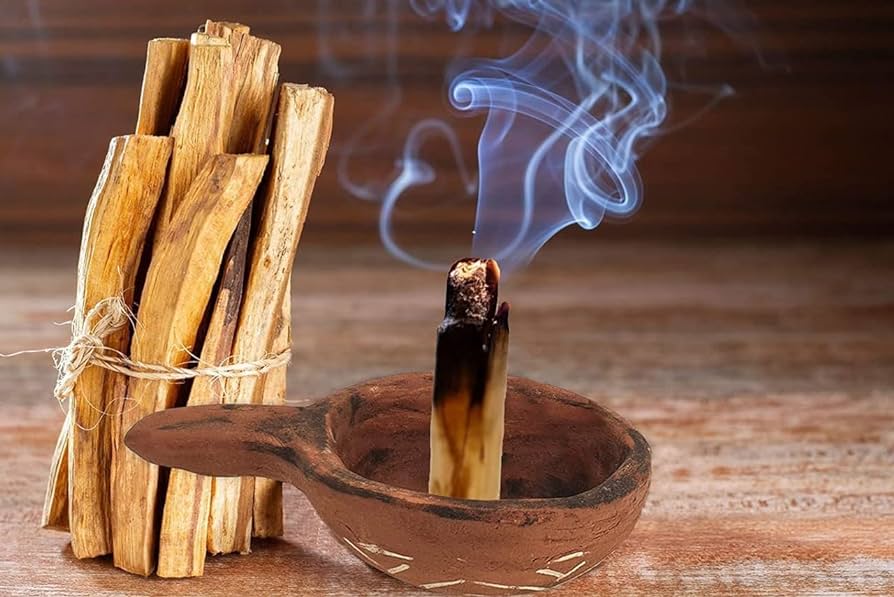
Introduction
We are also pleased to introduce Gum Olibanum, also known as Frankincense and Boswellia Serrata, from the family Burseraceae, a resin extracted from the Boswellia tree. Its fragrant aroma has been used in religious and therapeutic practices for thousands of years. Its medicinal properties are believed to stem from a complex blend of monoterpenes, which have been used in traditional medicine as an anti-inflammatory, astringent, and antiseptic agent. Modern research is also exploring its potential benefits in treating various illnesses, including arthritis, digestive disorders, and certain cancers. Through Gum Olibanum, we endeavor to seamlessly meld tradition with modernity, redefining excellence across multiple sectors.
Origins and Harvesting
The art of harvesting frankincense is a delicate endeavor rooted in ancient techniques. It starts with precise incisions made in the bark of the Boswellia tree. This allows the tree's aromatic sap to emerge, which, upon contact with air, crystallizes into tear-shaped droplets or clusters. The resin is then gently collected after allowing a few weeks to set. This sustainable method is repeated seasonally, ensuring the tree remains healthy and continues its natural resin production cycle.

Chemical Properties and Solubility
Gum olibanum is a resin with a complex chemical composition primarily consisting of resin acids, essential oils, and polysaccharides. Of significant note within the resin acids is the presence of boswellic acids, recognized for their potential anti-inflammatory properties and contribute extensively to the resin's potential applications.
Gum olibanum exhibits distinctive characteristics regarding solubility. The polysaccharides within the gum render it partially soluble in water, forming a characteristic milky emulsion. Conversely, the resin components of frankincense are soluble in nonpolar organic solvents, such as ethanol and acetone. Rich in compounds, the essential oils display solubility predominantly in oils and select organic solvents.








